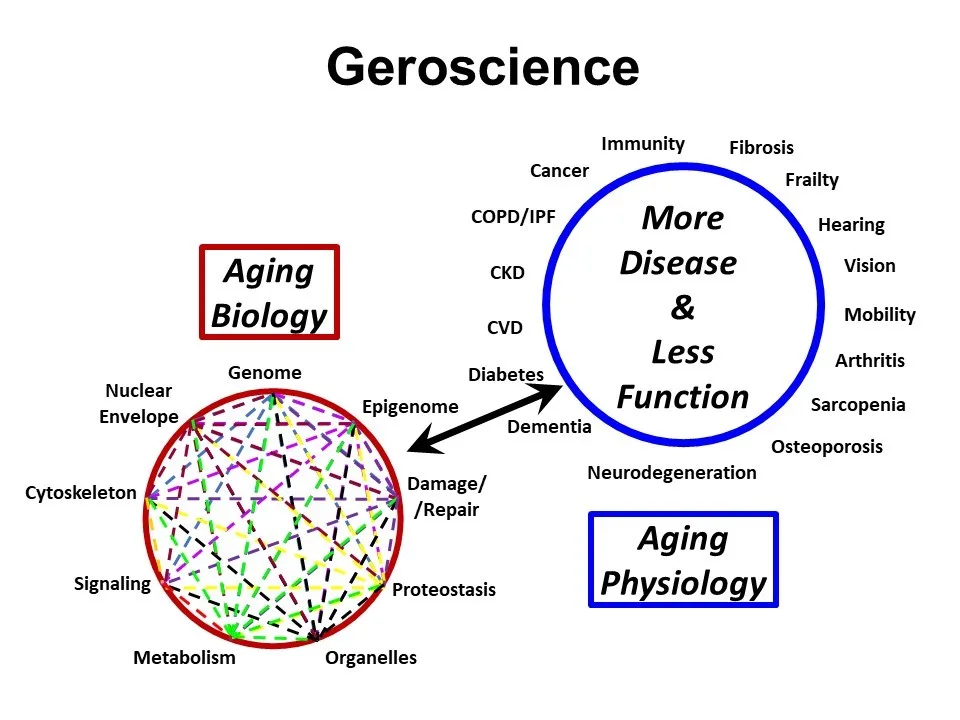A new study from the University of Virginia (UVA) Health has revealed a promising connection between certain medications, known as nucleoside reverse transcriptase inhibitors (NRTIs), which are typically used to treat HIV, and a reduced risk of developing Alzheimer’s disease.
Why is this important?
Globally, over 10 million new cases of Alzheimer’s occur each year, and this number is rapidly increasing with aging populations. The UVA research team, led by Dr. Jayakrishna Ambati, explored large health databases to compare Alzheimer’s rates in individuals taking NRTIs for HIV or hepatitis B with those on other medications. Their analysis included 24 years of data from the Veterans Health Administration, primarily involving men, and 14 years of data from the MarketScan database, which provided a more diverse demographic.
What did the research conclude?
Upon completing their analysis, the UVA team discovered that individuals taking NRTIs, showed a lower likelihood of developing Alzheimer’s compared to those on other medications. This finding remained significant even after considering other health conditions these individuals might have had.
NRTIs primarily work by fighting the HIV virus. However, this research suggests they might also have another important effect in the brain. The scientists focused on tiny structures in our cells called inflammasomes. These structures are part of the body’s defense system, but when they become overactive in the brain, they can contribute to problems like Alzheimer’s. The UVA team believes that NRTIs might help protect the brain by calming down this overactivity of inflammasomes. By doing so, these drugs could potentially prevent the brain damage that leads to memory loss in Alzheimer’s.
The researchers emphasized that this protective effect was specifically linked to NRTIs and not seen with other types of HIV medications. This suggests that the ability to lower Alzheimer’s risk is directly related to how NRTIs interact with inflammasomes. As a result of this discovery, the scientists believe it’s important to quickly conduct clinical trials to determine if NRTIs are safe and effective in preventing Alzheimer’s in people.
Takeaway
Given the increasing number of people affected by Alzheimer’s, finding a way to prevent it using drugs that are already available could have a significant impact. The UVA researchers are also developing a new compound called K9, which is designed to be even more effective at targeting inflammasomes. They are currently testing K9 for other inflammatory conditions and hope to eventually test its potential in preventing or slowing down Alzheimer’s as well. This research offers a hopeful new direction in the ongoing fight against Alzheimer’s disease, suggesting that existing medications might hold the key to protecting the brain.
Source:
New Research Suggests HIV Medications Provide Significant Protection Against Alzheimer’s Disease











